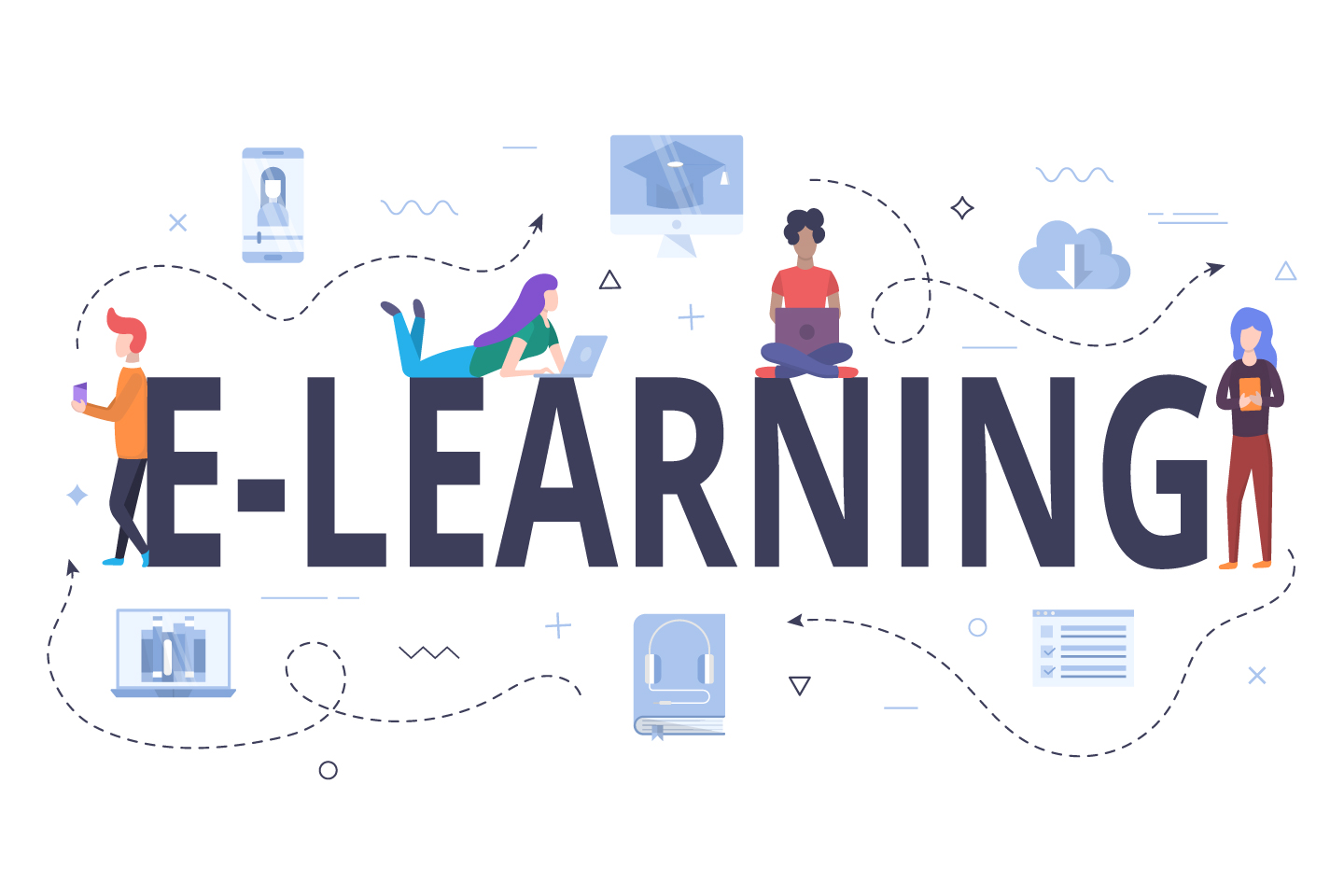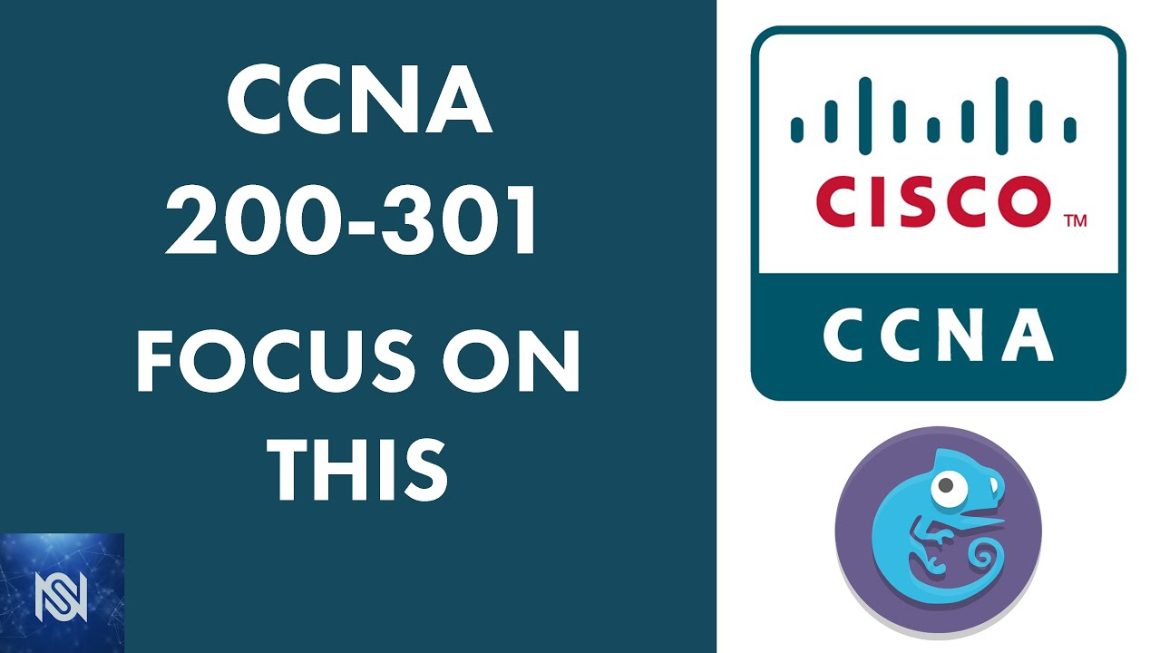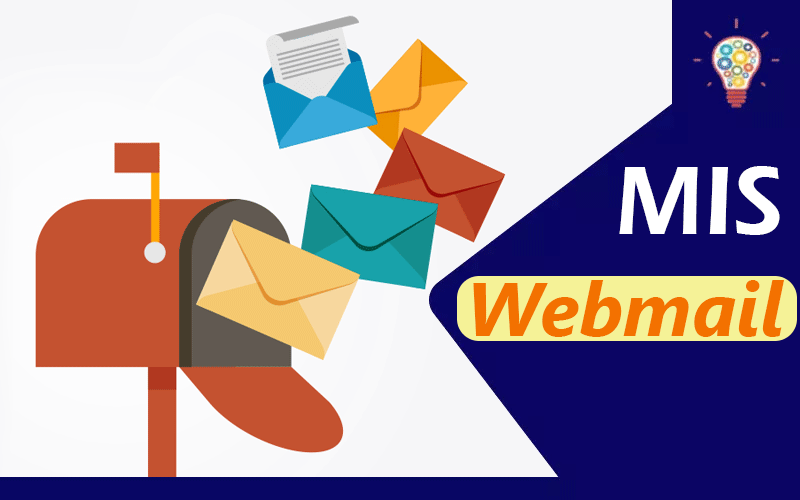Do you know why E-learning is so important today for health and social caregivers? E-learning is beneficial not only for students but also for health and social care professionals. It is the best way for health and social care professionals to stay on track, communicate with colleagues, improve their professional knowledge, or even attain a professional degree.
E-learning in health and social care is a time-efficient, cost-effective, and flexible way to provide training to health and social care practitioners. Besides, it makes learning more accessible and provides added benefits in terms of professional development.
Health and social care practitioners are up-to-date with the latest health and social care information and technology through online learning. E-learning has become widely accepted in health and social care because of its convenience, effectiveness, and versatility.
There are various e-learning methods- online classes, interactive lectures, webinars, web-based training, etc. With the help of these methods, health and social care workers attend live lectures with skilled professionals and sign up for webinars or courses on specific topics.
E-learning is the most straightforward way for health and social care professionals to provide patients with the best services, treatments, and possible outcomes. If you want to get familiar with all the benefits of e-learning in health and social care, keep reading this blog:-
1.) E-learning: Provides anytime and anywhere access:-
One of the prominent advantages of E-learning is that it provides anytime and anywhere access to training and development course material. Therefore, E-learning is more important for those health and social care practitioners who have to work both day and night shifts.
Besides, E-learning prioritizes patient needs and training and allows caregivers to upgrade their knowledge and skills. Thus, e-learning in health and social care provides professionals a means to take the training anytime on their laptops, tablets, or smartphones.
2.) Economical form of learning:-
E-learning for health and social care is also more cost-effective. This way, you don’t need to spend on infrastructure, course material, and training instructors, and you can also save money or invest it in improving patient services. Besides, it also helps the staff reduce their carbon footprints as they don’t have to travel to a specific venue for training.
3.)More effective than traditional training:-
E-learning health and social care training courses use various multimedia tools such as video, audio, simulations, graphics, text, and worksheets to make learning more effective. E-learning includes discussion boards for discussions with both external and internal communities. Besides, these courses also embed social media, which opens up discussions with a larger community, including their peers, seniors, and other participants.
4.) Easily accessible:-
One of the greatest benefits of e-learning in health and social care is that it provides instant access to a vast level of information and a health and social care professionals database. This way, health, and social caregivers can also connect with other professionals and seek their opinions on following a particular course of treatment. This instant access to communication and information greatly helps to improve the treatment that patients receive.
5.) Perfect for all learner types:-
E-learning in health and social care is ideal for all learner types. E-learning courses are created using a combination of several media types that appeal to all kinds of learners. This way, learners can progress at their own pace, so they don’t have to feel rushed or wait for others to catch up.
E-learning is conducive to all types of learners, updating skills and knowledge. E-learning courses include simulations and gamification elements, where learners have to complete and master a chapter before moving on to the next one. Thus, learners have greater control over their learning in the more interactive, interesting, and entertaining courses, ensuring better learning.
In short, E-learning for health and social care professionals is the most valuable option to access information and keep them educated, knowledgeable,& skilled to provide the best quality care to patients.



